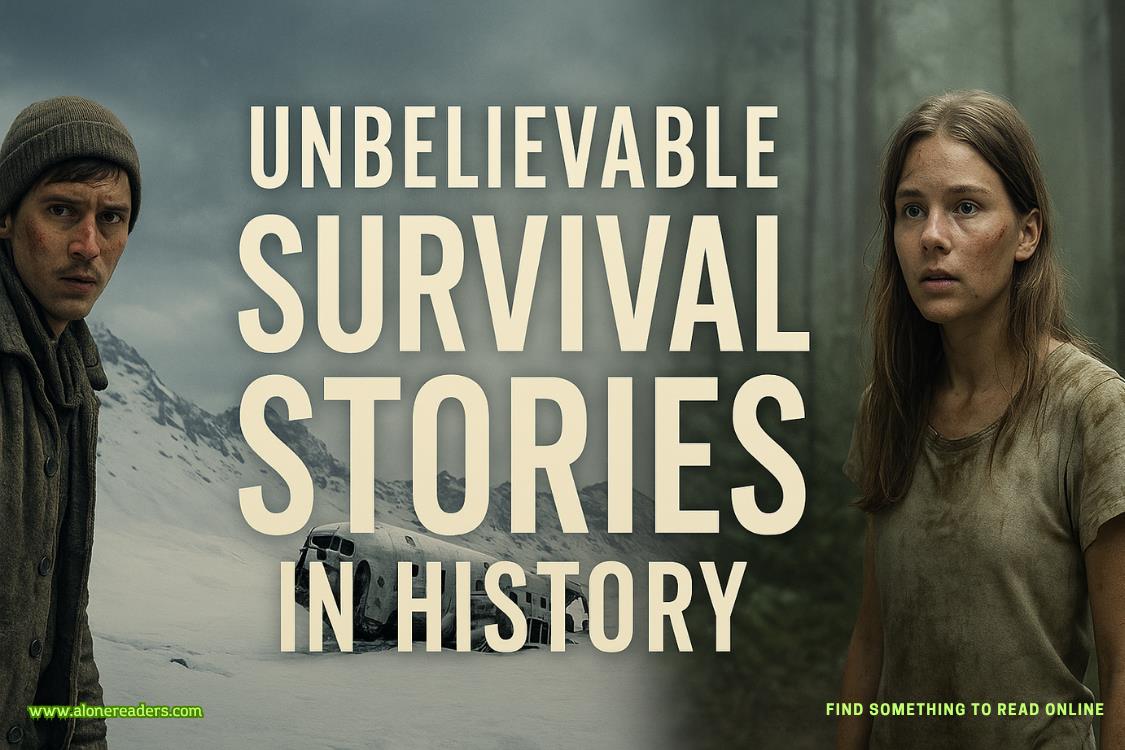Page 65 of Someone to Watch Over Me
“Moving her in there was the second-worst day of my life. She was still cognizant enough to realize what was happening, and she begged us not to leave her there. It was horrible. All we could think of was how much she’d done for us after our dad died. She worked two jobs so we could have everything we needed, and now we were putting her in a home. I can’t even think about that day without wanting to wail.”
When we’re stopped at a light, Lexi looks over at me and puts her hand on top of mine. “I’m so sorry you had to do that, but you know it was the right thing, don’t you?”
“Yeah, but that didn’t make it any less hellish at the time. She declined very rapidly after that and doesn’t know us anymore, which is a blessing in light of recent events. Hearing I’d had a heart attack would devastate her after losing my dad that way.”
She looks back at the road but keeps holding my hand. “She probably would’ve declined rapidly no matter where she was.”
“We’ll never know that for sure.”
“I’m sure the mother who loved you so much wouldn’t want you to feel guilty for doing what you felt was right for her at the time.”
“She wouldn’t, but I can’t help feeling that way. My sisters do, too. We felt like monsters, even as we made sure she got the best care money could buy.”
“Where does she live?”
“In Herndon.”
“Do you want to go see her?”
“Like, now?”
“I’m not doing anything. Are you?”
“It’s okay, Lex. We don’t have to do that.”
“I honestly don’t mind. I’d love to meet her and for you to have the chance to see her, if you’d like to, that is.”
“It’s never easy to see her.”
“I understand. Whatever you want to do is fine with me.”
I think about it for a second, weighing whether I have the emotional energy to see my mother today. I don’t, but then again, I never do. “I think I’d like that, if you’re sure you’re up for it.”
“I’m up for it. Show me the way.”
Lexi
In truth,I’m nervous about seeing Tom’s mom, but I’d never say so to him. I want him to have the opportunity to see her, especially after what he’s been through in the last week. But I can feel the tension in him from the second I suggested the visit. I know all too well how difficult it is to witness the decline of a loved one, so I feel for him and his sisters. He’s mentioned before that his mom has dementia, but he doesn’t dwell on her situation, so I haven’t asked about it.
“You know,” I say to him after a long period of silence, “what you’re feeling toward your mom in her current condition is a form of grief. Even though she’s still living, you’ve lost the person she once was to you.”
“Yes, that’s true. It’s been the most difficult thing in my life. She was such a life force, and dementia has reduced her to a shell of her former self.”
“That has to be agonizing for you and your sisters.”
“It has been.”
“I’m so sorry, Tom.” I feel guilty for focusing our entire friendship on my grief without realizing he was dealing with his own—for both his parents.
“Don’t be sorry. I don’t talk about it because it’s easier not to.”
After a long pause, I say, “May I speak freely?”
“Of course. You should know that by now.”
“This is a tender topic, so I just wanted to be sure.”
“I’m here for whatever you want to say—any time.”
- One Night Only by Tara Pammi
- Sofa King Wanted by Alexa Riley
- Beloved Beauty by Georgia Cates
- Gunner by Winter Sloane
- Sofa King Safe by Alexa Riley
- Eat Slay Love by Kenya Wright
- Forever C*cky by Skye Turner
- Property of Woods by Glenna Maynard
- Desperate Temptations by B. Sobjakken
- Wicked by Dani Da Silva
- Sex, Lies, and Margarita Mixes by Skye Turner
- Heat Stroke by Skye Turner
- The Games We Play by Berlin Wick
- The Promises We Break by Berlin Wick
- Gorgeous Nightmare by Roza Lynne
- All I Want for Christmas by Nora Roberts







